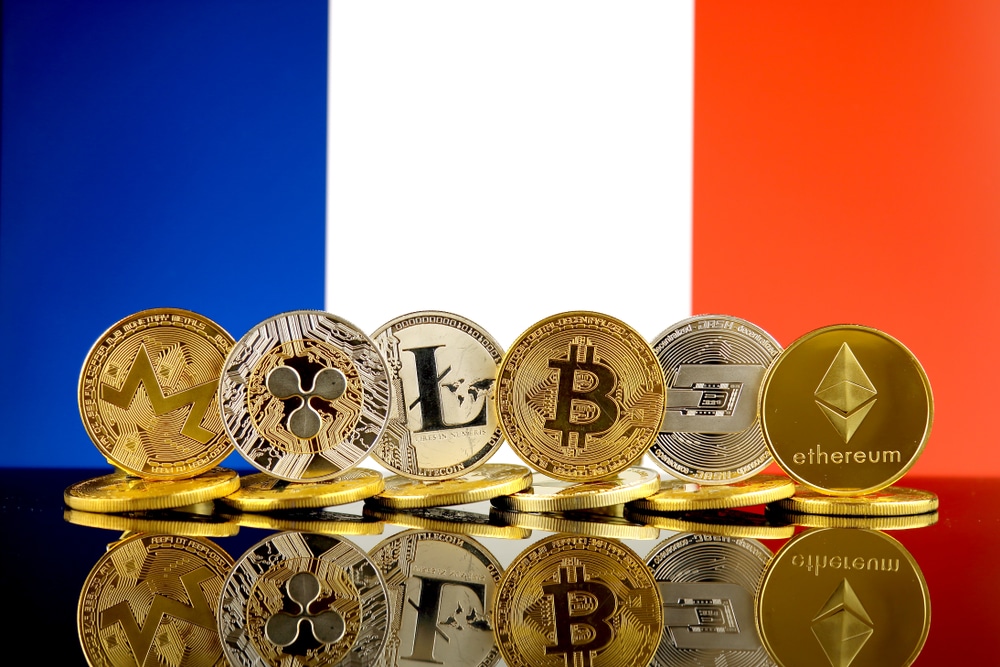
A French official has stated that cryptocurrency should not be regulated in the latest official report. Jean-Pierre Landau is the head of a government cryptocurrency task force to investigate French blockchain regulatory policy.
Cryptocurrency Should not be Regulated
In the report, Landau outlines how cryptocurrency should not be regulated, indicating that it is neither desirable nor necessary. He also highlighted the dangers of defining cryptocurrencies in the wrong class.
“The danger is three-pronged: that of freezing the rapid evolution of technology in legislation, that of failing to grasp the real nature of the object we intend to regulate and that of pushing innovation towards regulatory avoidance. On the contrary, regulation should be technologically neutral, and in order to become so, address the actors and not the products themselves.”
This approach seems to be more balanced than the previous commentary. And there is no doubt that over-regulation could kill innovation in the market, something which has recently been seen in South Korea with its ICO ban. In the UK, the housing minister has also recently released a report on the benefits of distributed ledger technology.
A light touch regulatory approach is preferred by the vast majority of the cryptocurrency community, who believe that cryptocurrency should not be regulated. This is also an argument that the industry can become self-regulating, and that it already is to a large degree. 16 Japanese exchanges have already taken the initiative and set up an independent association for the regulation of exchanges.
French Blockchain Regulatory Policy
Like many other countries, regulatory announcements have been positive in France with regard to blockchain regulatory policy. On March 19th, the Minister for Finance and Economics highlighted the benefits of DLT, urging people to not be mere spectators but to “become actors in this revolution”. In April, France slashed the cryptocurrency tax rate from 45% to 19%.
Leading politicians across the globe are now moving forward with the technology. This can be contrasted with a slew of negative sentiment before the start of 2018. Landau even cited BitLicense as a regulatory model that could be followed. France has come a long way from its initial stance on cryptocurrencies, as have many European countries.
This is also a complete change of perspective from Landau, who previously came under criticism for comparing bitcoins to the Dutch tulip bubble in the 17th century. This much-used comparison has been disproven multiple times.